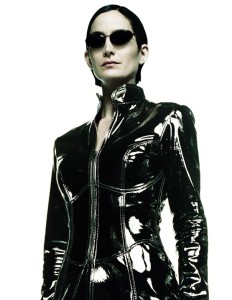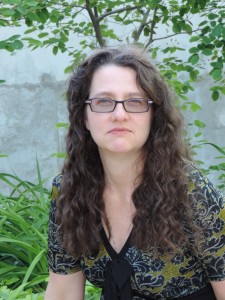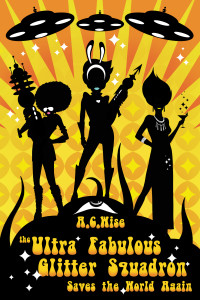Over on her blog, Kelly has advocated an elegant solution to the current battle over rebranding the Hugo Award. It is this: abandon the rhetoric, step back from telling stories about who’s doing what and and why they’re wrong on the Internet, and pay a damned mediator. It seems to me that the World SF Society or Sasquan might have some seed money, since the latter’s garnered something like 2000 more voting memberships than usual.
The idea is for stakeholders to fundraise the necessary dosh, pick some leaders, hire the pro, and talk our collective way to a solution. Then (if a Hugo rule change to prevent system-gaming is part of the package) presumably we’d implement it over the next several conventions.
Now that Kelly’s original post has had some time to air and counter-arguments have come in, she’s examined those, too. Chief among the questions is the issue of whether people on one side or the other are capable of or willing to negotiate in good faith. To which: hey, you can’t know if you don’t ask.
The theme of both posts is simple. This whole thing sucks, right? It’s either seek a solution, or play “You said, I said, no you said,” whackamole in our blogs indefinitely, while the rest of the world–or the devoted fannish book-reading portion of it that cares–wonders when drug-addled clowns got bored with their usual pursuits, like running the Western democracies and poisoning the planet in a mad pursuit of all the dollars, and moved on to hobby pursuits like setting flamewars amid the literature of ideas.
Creating posts about how a bunch of writers are wrong, evil, passe, misguided, dumb, gulag-builders or covered in bees has its charms. Snark is fun. But not only does whackamole take time that should go first to creating fiction, the current strategy also saps energy from the important work of making the field more diverse. And we were getting traction with this, people. I don’t want to stop. I want to continue seeing our best love, energy, talent, words and Tweets going to singing the praises of “The Pauper Prince and the Eucalyptus Jinn,” by Usman T. Malik, to asking if you’ve seen Kai Ashante Wilson’s “The Devil in America
,” and to noticing that Silvia Moreno-Garcia and Paula R. Stiles are getting asked some ludicrous questions about She Walks in Shadows. Maybe someone could even get the hell over there and say something smart.
So. If you are going to Sasquan, and if you know someone who has influence over any of the players in this particular power struggle, consider having a chat with them. About letting go of the namecalling, about trying to agree on a way forward.







